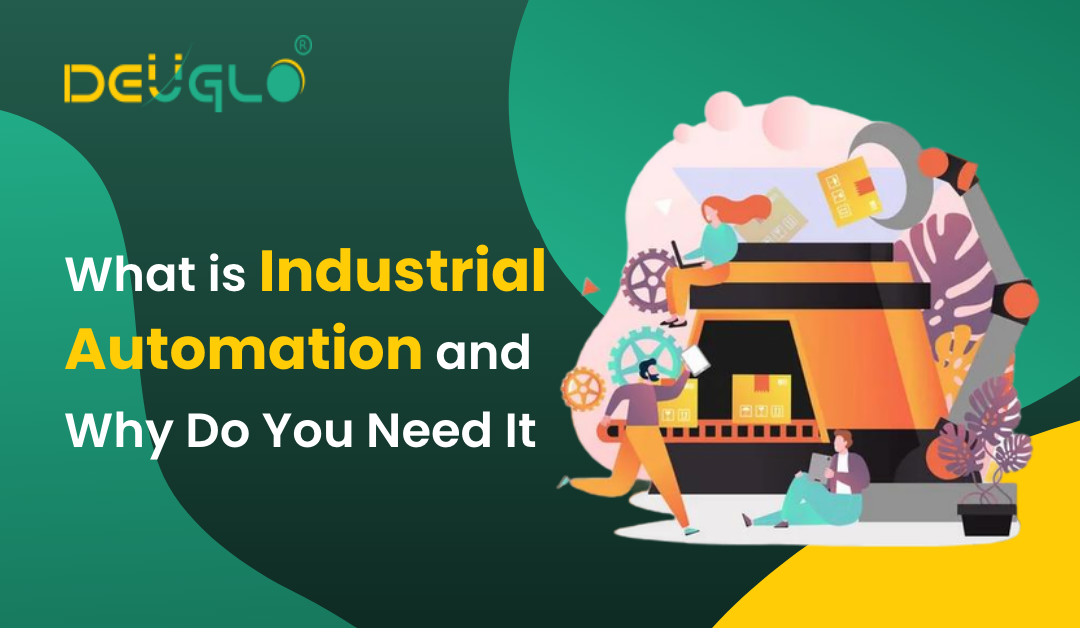Industrial Automation is a system that uses machines, computers, and software to automate operations in industrial and manufacturing settings. It has revolutionized the way we work by streamlining processes, and increasing efficiency and productivity while reducing labor costs and errors. In this guide, learn all about the advantages of utilizing Industrial Automation Technology in your business.
What is Industrial Automation and why do you need it?
Are you wondering why Industrial Automation is so important? Discover all the benefits of modernizing your business process in this guide!
What is Industrial Automation?
Industrial Automation is the use of autonomous machines and computers to streamline production processes and increase efficiency. It enables industries to reduce labor costs, and improve accuracy and productivity while creating safer manufacturing environments. It uses a variety of tools such as robots, automated conveyor systems, Computer Numerical Controllers (CNC), and Programmable Logic Controllers (PLCs) all working together to automate operations in industrial settings.
Benefits of Automation on Production, Accuracy, and Costs
Industrial Automation offers a variety of benefits for businesses. Automated processes are more accurate and consistent than manual labor, leading to fewer errors and wasted materials. Automation also increases production speeds, allowing companies to meet customer demands more quickly and efficiently. Additionally, automation can reduce labor costs by increasing productivity while still allowing human workers to focus on decision-making tasks that require a higher level of skill and expertise.
Impacts of Industrial Automation on Jobs
While Industrial Automation has the potential to increase efficiency and production, it can also lead to job loss as many tasks are automated. However, it’s important to remember that automation creates new types of jobs that require more skills than what was traditionally required for manual labor roles. For example, tasks such as programming robots, designing machine maintenance routines, and analyzing automated processes require a higher level of technical knowledge than what might have been needed for a manual labor job. As businesses continue to embrace automation, the need for knowledgeable workers in these fields will likely increase.
Processors, Sensors, and Controllers for Automated Systems
To build an automated system, it’s important to understand the different types of processors, sensors, and controllers that are used. Processors act as the brains of the system and are responsible for making decisions. Sensors detect changeable conditions in their environment and trigger responses from processor-based systems, while controllers regulate production processes or other activities based on input from sensors or processors. Together, these elements create a powerful and intelligent network that can automate many tasks more efficiently than when done by humans.
The Benefits of Mobility for Industrial Automation
The use of mobile devices in Industrial Automation provides many advantages that include better access to data, faster response times, and improved accuracy. By having access to real-time data, managers can make more informed decisions about their operations and production processes. Mobile platforms also allow greater ease of access for remote workers, who can now work from anywhere without sacrificing speed or performance. Finally, with mobility comes increased safety since operators are no longer required to be on-site in dangerous environments. Modernizing Your Workforce With Industrial Automation.
Make manufacturing a breeze with Deuglo’s Industrial Automation Services. We provide customized solutions tailored to meet your specific needs, so you get the most out of automation!

